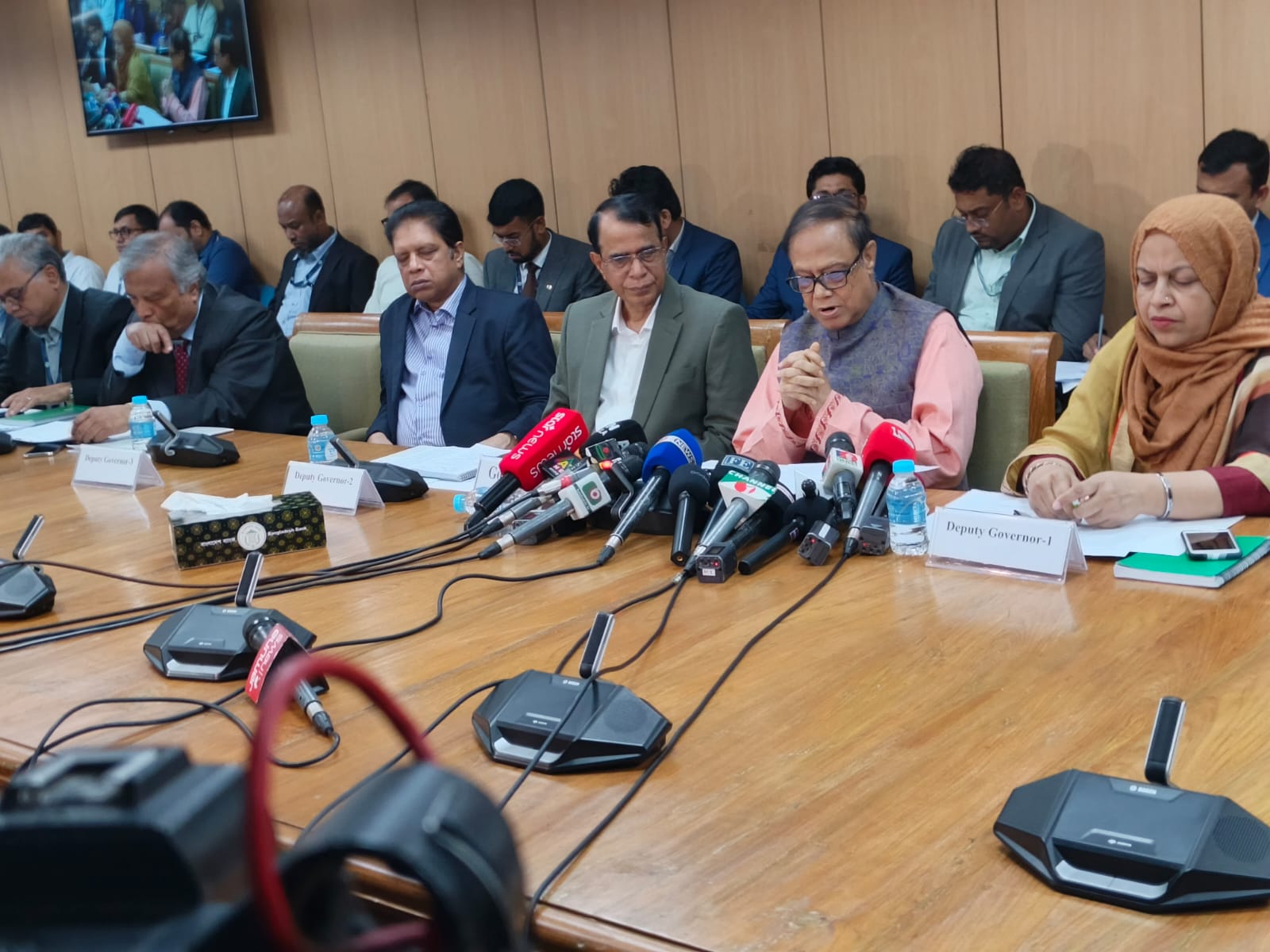Tightened monetary policy undermines trade, investment growth: DCCI

The Dhaka Chamber of Commerce and Industry (DCCI) today expressed concern over the Bangladesh Bank's continued contractionary monetary policy, saying it is undermining private investment and industrial activity.
Bangladesh Bank has kept its policy rate unchanged at 10 percent for the second half of the year as part of its ongoing efforts to rein in inflation.
In its monetary policy statement for July-December, the central bank announced that the rate will remain the same.
The statement comes at a time when private sector credit growth dropped to just 6.4 percent in June 2025, the lowest in 22 years.
The DCCI said this sluggish growth reflects declining business confidence and urged the central bank to adopt a more supportive stance to stimulate economic activity.
The downturn in private credit is being compounded by broader uncertainty in the business environment, an unstable law and order situation, and limited energy supply, all exacerbated by the tight monetary policy, the DCCI added.
It also pointed to a steep rise in non-performing loans (NPLs), which have reached Tk 5.3 lakh crore and now account for 27.09 percent of total outstanding loans. The chamber said this poses a serious threat to financial stability and weakens investor confidence.
Despite waning business confidence, the central bank has kept the policy rate high, which continues to impose a heavy borrowing burden, particularly on cottage, micro, small, and medium enterprises and other productive sectors, the DCCI said.
The central bank has lowered the private sector credit growth target to 7.2 percent for the next six months, down from 9.8 percent in the previous half-year, further constraining businesses' ability to operate and grow, it noted.
At the same time, the 20.4 percent public sector credit growth target risks creating a fiscal burden and crowding out private investment, according to the chamber.
The DCCI called for simplified lending terms, lower interest rates, a six-month extension in loan classification timelines, and structural reforms to restore confidence and ensure sustainable recovery.



 For all latest news, follow The Daily Star's Google News channel.
For all latest news, follow The Daily Star's Google News channel. 

Comments